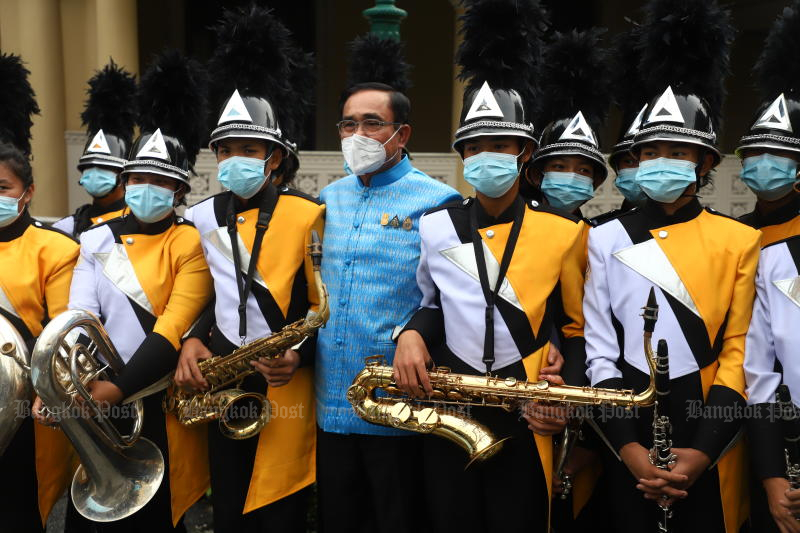Deputy government spokesman Sansern Kaewkamnerd has hinted the government may not hold a referendum on the new constitution to avoid confrontation among those holding different political views.
He was responding to recent calls from politicians, particularly from the two major parties - Pheu Thai and Democrat - for a referendum to be held to let the public decide if they supported the new charter.
- Polls next April possible: Election commissioner wants referendum
Maj Gen Sansern said Prime Minister and National Council for Peace and Order (NCPO) leader Prayut Chan-o-cha will have the final say on whether to hold the referendum, based on the political situation at the time.
Maj Gen Sansern noted that it is currently difficult for people holding different political views to reach consensus on major issues. Confrontation is almost unavoidable as long as political conflicts and social divisions still linger in the country, he said.
He cited the political conflict that occurred after then prime minister Yingluck Shinawatra dissolved the House of Representatives on Dec 9, 2013 and called the Feb 2, 2014 general election.
Maj Gen Sansern said that at the time the country was mired in conflict between the anti-government People's Democratic Reform Committee — which launched a nationwide campaign to push for political reform before elections — and the caretaker government — which insisted on going ahead with the polls.
The conflict threatened to get out of hand, prompting the military to step in, Maj Gen Sansern said.
He said the current government did not want to see a repeat of the situation, adding that the pros and cons of a referendum on the new charter must be weighed carefully.
National Reform Council (NRC) chairman Thienchay Kiranandana yesterday said it was too early to discuss the referendum. Priority should be given to the contents of the draft charter first, he said.
"If a referendum is to be held, it is still unclear whether it will be held on the entire draft charter, or on only certain sections of the document," Mr Thienchay said.
The Constitution Drafting Committee (CDC) will forward the first draft of the new charter to the NRC to debate it between Monday and April 25.
Mr Thienchay said the draft charter is expected to reach the NRC today, and each of the 18 reform committees will have the chance to study the entire draft charter and prepare for the debate.
Mr Thienchay said the issues that are expected to become the subjects of heated debate include the provisions on the appointment of a non-elected outsider prime minister, the mixed-member proportional representation voting system and the indirect election of senators.
It remains to be seen if these issues will lead to the rejection of the entire draft charter, he said. After the debate, NRC members will have another 30 days to propose changes.
The NRC will wrap up proposing any changes to the draft by July 22 and will then vote on whether to endorse the final draft on Aug 6.
CDC chairman Borwornsak Uwanno previously said if a referendum is held, it will take three months to organise it. A referendum can only be held after the interim charter is amended, he added.



